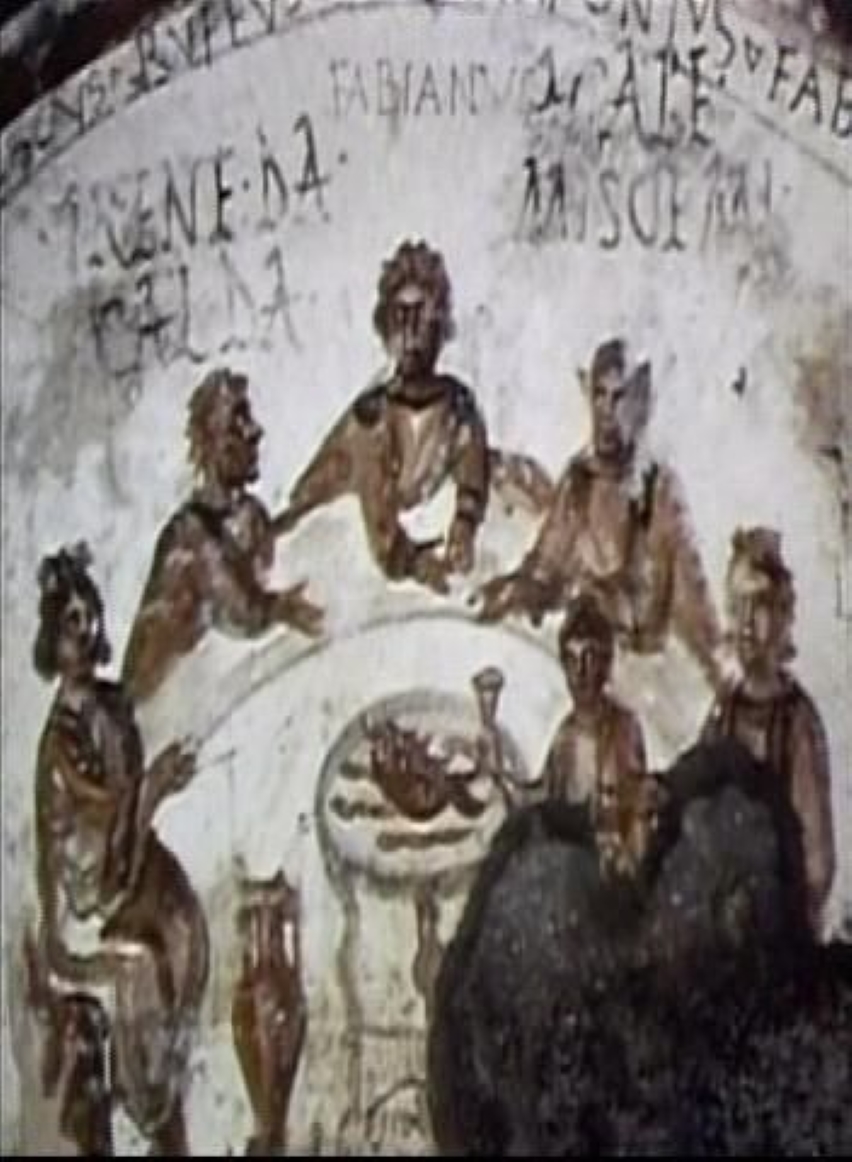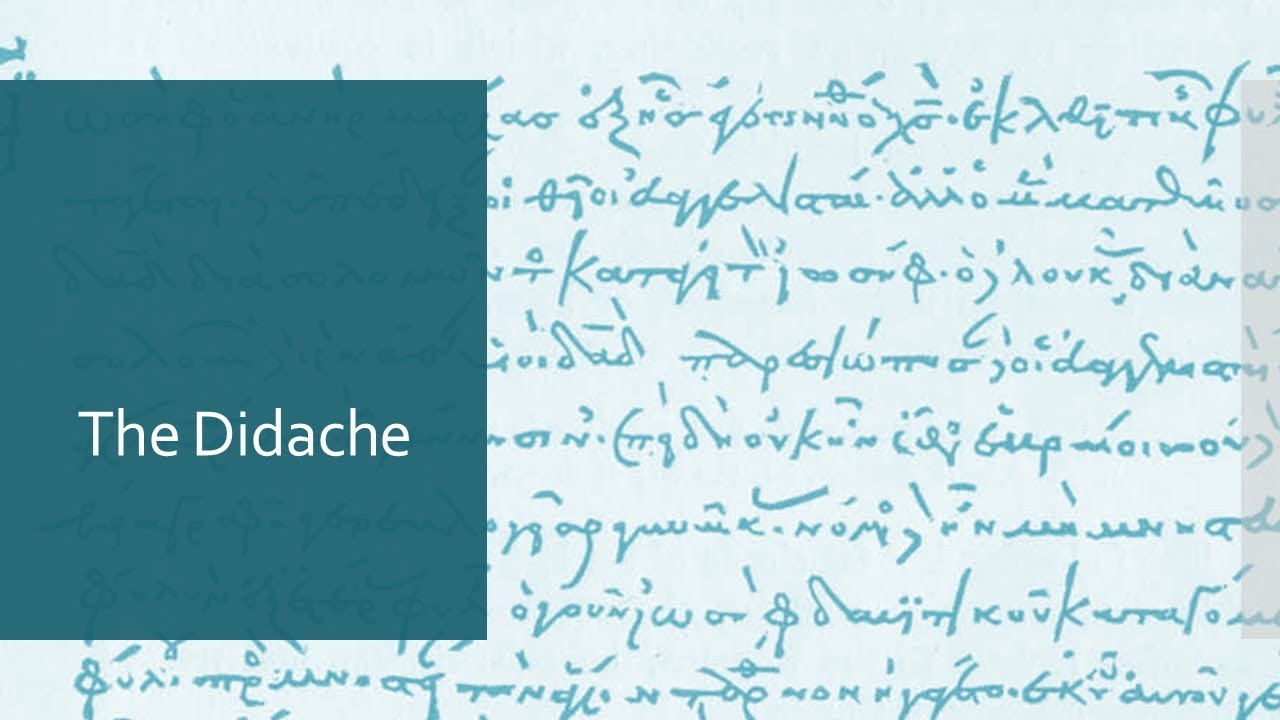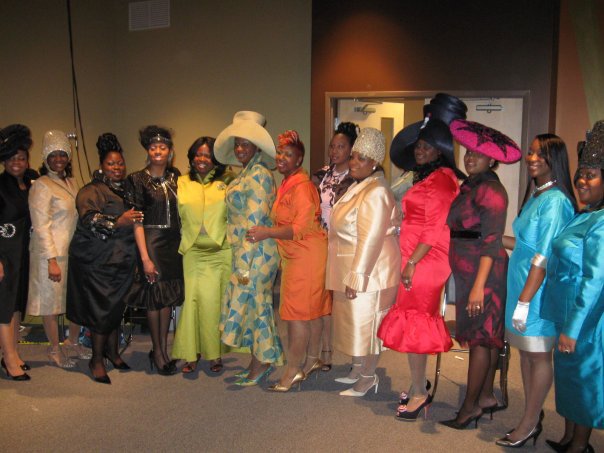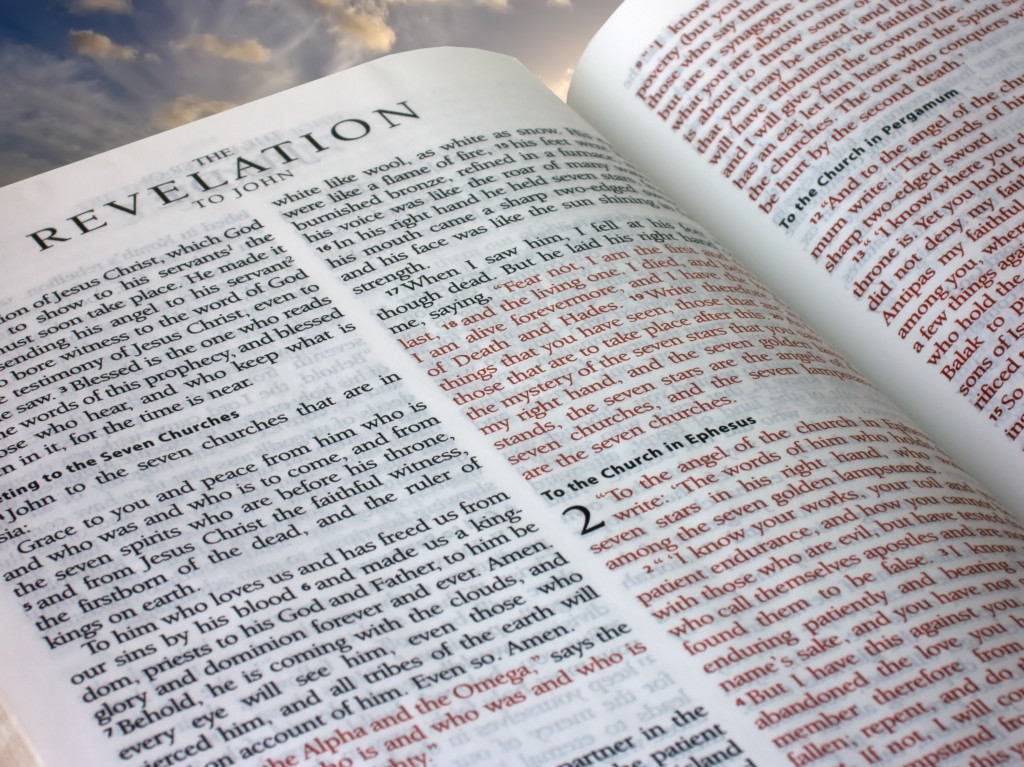HALLELUYAH
As detailed by Wikipedia here
https://en.wikipedia.org/wiki/Hallelujah
Hallelujah (/ˌhælɪˈluːjə/ HAL-i-LOO-yə) is an interjection. It is a transliteration of the Hebrew phrase הַלְלוּ יָהּ (Modern Hebrew hallūyāh, Tiberian haləlūyāh), which is composed of two elements: הַלְלוּ (second-person imperative masculine plural form of the Hebrew verb hillel: an exhortation to “praise” addressed to several people[1]) and יָהּ (the name of God Yah).[2][3][4]
The term is used 24 times in the Hebrew Bible (in the book of Psalms), twice in deuterocanonical books, and four times in the Christian Book of Revelation.[5]
The phrase is used in Judaism as part of the Hallel prayers, and in Christian prayer,[5] where since the earliest times[6] it is used in various ways in liturgies,[7] especially those of the Catholic Church and the Eastern Orthodox Church,[8] both of which use the form “alleluia” which is based on the alternative Greek transliteration.
In the Bible Edit
הַלְלוּיָהּ is found in 23 verses in the Book of Psalms (104–106, 111–117, 135, 145–150), but twice in Psalm 150:6. It starts and concludes a number of Psalms.
The Greek transliteration ἀλληλούϊα (allēlouia) appears in the Septuagint version of these Psalms, in Tobit 13:17 and 3 Maccabees 7:13, and four times in Revelation 19:1–6, the great song of praise to God for his triumph over the Whore of Babylon.[5][6] It is this usage that Charles Jennens extracted for the Hallelujah Chorus in Handel’s Messiah. This transliteration is the basis of the alternative English transliteration of “Alleluia” that is also used by Christians.
Interpretation Edit
In the Hebrew Bible hallelujah is actually a two-word phrase, not one word. The first part, hallelu, is the second-person imperative masculine plural form of the Hebrew verb hillel.[1] However, “hallelujah” means more than simply “praise Jah” or “praise Yah”, as the word hallel in Hebrew means a joyous praise in song, to boast in God.[9][10]
The second part, Yah, is a shortened form of YHWH, the name for the Creator.[5] The name ceased to be pronounced in Second Temple Judaism, by the 3rd century BC due to religious beliefs.[11] The correct pronunciation is not known, however, it is sometimes rendered by Christians as “Yahweh” or “Jehovah”. The Septuagint (the Greek language translation of the scriptures), removes the name YAH replacing it with the title Kyrios (the LORD), because of the Jewish custom of replacing the sacred name with “Adonai”, meaning “the Lord”.
In Psalm 150:6 the Hebrew reads kol han’shamah t’hallel yah halelu-yah;[12] the first “hallel” and “yah” in this verse are two separate words, and the word “yah” is translated as “the LORD”, or “YHWH”. In Psalm 148:1 the Hebrew says “הללו יה halelu yah”. It then says “halelu eth-YHWH” as if using “yah” and “YHWH” interchangeably. The word “YAH” appears by itself as a divine name in poetry about 49 times in the Hebrew Bible (including halelu yah), such as in Psalm 68:4–5 “who rides upon the skies by his name YAH” and Exodus 15:2 “YAH is my strength and song”. It also often appears at the end of Israelite theophoric names such as Isaiah “yeshaYAH(u), Yahweh is salvation” and Jeremiah “yirmeyah(u), Yahweh is exalted”.[5]
The word hallelujah occurring in the Psalms is therefore a request for a congregation to join in praise toward God. It can be translated as “Praise Yah” or “Praise Jah, you people”.[2][7][13]
Most well-known English versions of the Hebrew Bible translate the Hebrew “Hallelujah” (as at Psalm 150:1) as two Hebrew words, generally rendered as “Let us praise” and “the LORD”, but the second word is given as “Yah” in the Lexham English Bible and Young’s Literal Translation, “Jah” in the New World Translation, “Jehovah” in the American Standard Version, and “Hashem” in the Artscroll Tanach (Orthodox Jewish). Instead of a translation, the transliteration “Hallelujah” is used by JPS Tanakh, International Standard Version, Darby Translation, God’s Word Translation, Holman Christian Standard Bible, and The Message, with the spelling “Halleluyah” appearing in the Complete Jewish Bible. The Greek-influenced form “Alleluia” appears in Wycliffe’s Bible, the Knox Version and the New Jerusalem Bible.
In the great song of praise to God for his triumph over the Whore of Babylon[5] in chapter 19 of the New Testament book of Revelation, the Greek word ἀλληλούϊα (allēluia), a transliteration of the same Hebrew word, appears four times, as an expression of praise rather than an exhortation to praise.[6] In English translations this is mostly rendered as “Hallelujah”,[14] but as “Alleluia” in several translations,[15] while a few have “Praise the Lord”,[16] “Praise God”,[17] “Praise our God”,[18] or “Thanks to our God”.[19]
The linguist Ghil’ad Zuckermann argues that the word Hallelujah is usually not replaced by a praise God! translation due to the belief in iconicity: the perception that there is something intrinsic about the relationship between the sound of the word and its meaning.[20]:62

















One thought on “HALLELUYAH”